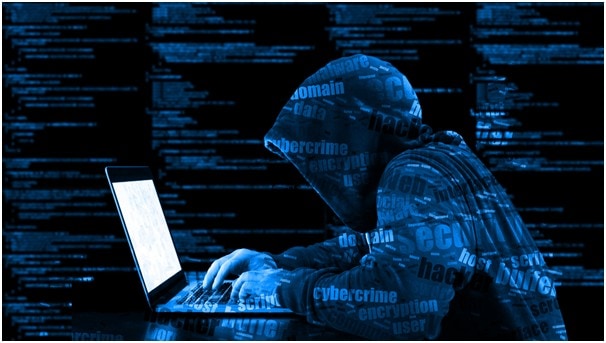The coronavirus pandemic has created a significant impact on the cybersecurity landscape. According to a survey, 61 percent of IT and security leaders report that they are concerned about increasing cyber-attacks targeting employees working from home. With cyber-attacks, data breaches on the rise across all industries, and remote work is now typical; businesses need to take the initiative to protect confidential information from digital intruders.
Covid-19 has created a new wave of cyberattacks.
Hackers are common to prey on victims after a disaster or high-profile event. These constant threats have changed the working class globally. Cyber-attacks come in many forms, from malicious domains and malware to ransomware attacks and phishing scams. Below is a brief look at some of the recurring cyber threats since the beginning of COVID-19. Ransomware is becoming more and more popular. Ransomware is malicious software that affects a computer and threatens to block or publish access to the victim’s data when the ransom is not paid.
Phishing emails seem more reliable.
Cybersecurity landscape phishing is a fraudulent attempt to obtain sensitive information such as usernames, passwords, or credit card details- This is achieved when the hacker shows up as a trusted organization.
Cybercriminals are taking advantage of the COVID-19 pandemic to trick users into clicking on malicious email links or passwords.
Malware is leading to more beaches.
Malware is any software deliberately designed to harm a computer, client, server, or network. There are several kinds of malware, such as computer viruses, Trojan horses, worms, spyware, rogue software, and adware. When individuals accidentally download malware to their system, they can be harmed, making it unreliable.
How to deal with cyber security threats during COVID-19
Cyber security threats can have a detrimental effect on businesses. Loss of data, corrupted files, and other costly incidents can lead to significant downtime and loss of business customer confidence. Companies need to learn how to deal effectively with cyber security threats during COVID-19.
Improve staff member awareness
The cyberattacks threat is always present in the cyber security landscape. Staff members should always be aware of cyber-attacks and take appropriate steps to prevent these security incidents. You should train the employees to detect phishing emails, avoid suspicious downloads, use suitable browsing methods, create strong passwords, and retrieve information from trusted websites. Business leaders should conduct mandatory and ongoing cyber security training to raise awareness about threats and reduce risks.
Ensure proper spam filtering
Employees need to use antivirus software and other protective tools that act as a barrier against cyber-attacks. Though employees are working from home, their computers must be equipped with antivirus and antispyware, and they must be updated regularly. All software vendors offer regular patches and updates to their products to improve performance and security issues.
Take full and partial backups regularly.
Regular partial or complete backups of business data can protect a business from significant losses if it encounters an unexpected cyber-attack. Restoring from a backup is more reliable and often less costly than paying criminals for an encryption key. However, the backup must be comprehensive and up-to-date.
Review our cybersecurity checklist for 2022.
Business leaders must take appropriate steps to protect their organizations from cyber incidents. Institutions should go through the cybersecurity checklist to ensure that their business is protected in 2022.
Talk to a professional cybersecurity consulting company such as AccuIT. Experienced leaders cannot predict cyberattacks, but they can prepare for such threats. Unfortunately, Covid-19 is expected to continue to impact the cybersecurity landscape for the foreseeable future, meaning organizations are still at risk. To learn more about avoiding cybersecurity threats during COVID-19 or speaking with a professional cybersecurity consulting firm, contact AccuIT today.

